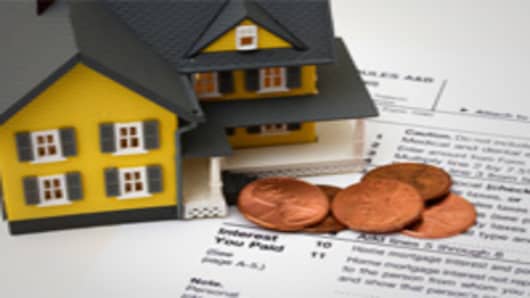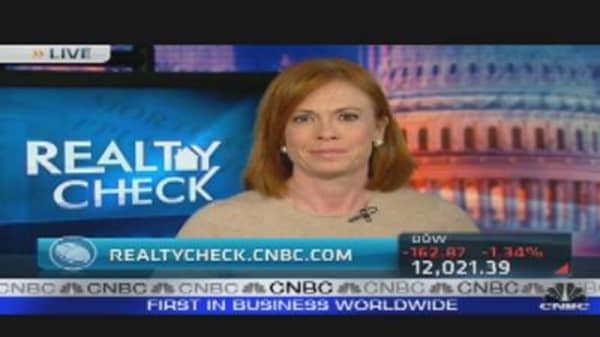At face value, it seems like an easy, albeit creative way to pay for the extension of the payroll tax cut. Raise the fees that banks pay mortgage giants Fannie Mae and Freddie Mac to guarantee home loans. These are called “guarantee fees,” and are supposed to cover mortgage defaults in a normal housing market. (I say this because obviously in today’s foreclosure-ridden landscape they don’t even come close, which is why the two are currently in debt to U.S. taxpayers for a collective $152.7 billion).
But back to the original premise: Senate Democrats and House Republicans like the idea, which under the Senate proposal would raise $38.1 billion, according to Pennsylvania Senator Bob Casey. Senate and House versions differ on how much the fees would be raised, but both proposals are additions of less than one percent of the loan.
“This is one of those ideas that manages to attract support from the left and the right because on the right they love the idea of raising the cost of using Fannie and Freddie, because that could bring the private sector back to the mortgage market. On the left, it's seen as a very convenient and not very painful way to extend a tax cut that millions of consumers enjoy,” notes Jaret Seiberg of Guggenheim Partners.





